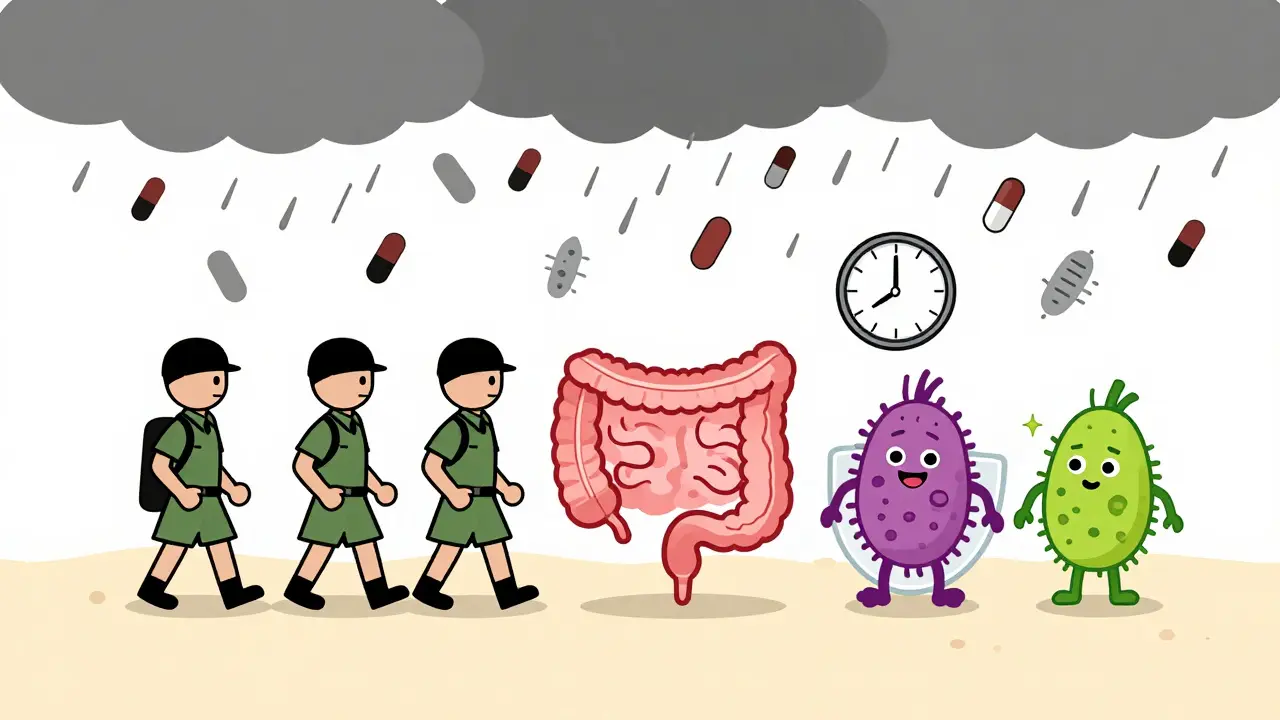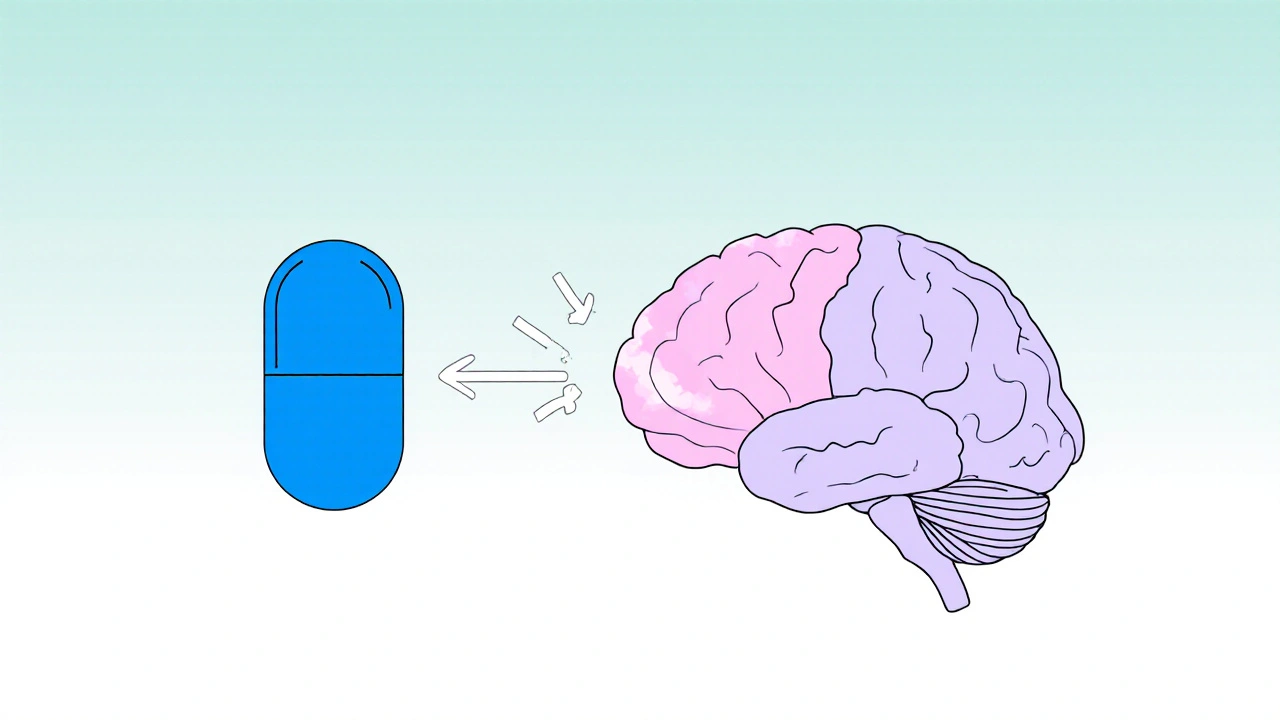Side Effects: Spot Them Early and Stay Safe
Ever taken a medicine and then felt dizzy, nauseous, or just “off”? That’s a side effect talking to you. Knowing what to look for can keep a simple pill from turning into a bigger problem.
Common Types of Side Effects
Most drugs cause at least one of three things: mild, short‑term reactions; moderate symptoms that need a doctor’s call; or rare, serious issues that demand urgent care. Mild reactions include things like a headache, a little stomach upset, or mild dry mouth. They often fade after a few days or when you adjust the dose.
Moderate side effects might be persistent nausea, skin rash, or noticeable fatigue. If these stick around for more than a week, it’s time to reach out to your pharmacist or doctor. They can tweak the dose or switch you to another drug.
Serious reactions are the ones you never want to ignore: trouble breathing, swelling of the face or throat, severe dizziness, or sudden chest pain. Treat these as emergencies—call emergency services or head straight to the nearest ER.
How to Respond Safely
First, read the label. The “Common Side Effects” box tells you what to expect most of the time, while the “Serious Side Effects” list warns about the red flags.
Second, keep a simple side‑effect diary. Write down the drug name, dose, when you took it, and any new symptoms. A few lines a day can help your doctor see patterns.
Third, talk to your health professional before you stop or change anything. Even if you feel fine, some medicines need a gradual tapering to avoid withdrawal symptoms.
Fourth, don’t mix medications without checking. Over‑the‑counter pain relievers, herbal supplements, and even certain foods can bump up the risk of interactions.
Finally, trust your body. If something feels off, it probably is. A quick call to a pharmacy or a short visit to your clinic can save you from a bigger issue later.
Understanding side effects isn’t about scaring yourself; it’s about being proactive. With a little attention, you can keep your treatment on track and enjoy the health benefits without the unwanted surprises.

Probiotics During Antibiotic Therapy: How to Reduce Gut Side Effects
Probiotics can reduce antibiotic-related diarrhea by up to 50% when taken correctly. Learn which strains work best, how to time them, and who should avoid them.
Read More
Levonorgestrel and Sex Drive: A Complex Relationship
Explore how levonorgestrel influences sex drive, the science behind hormonal birth control, and practical tips for managing libido changes.
Read More
Aristocort Explained: Dosage, Usage Tips, and Side Effects for Asthma Patients
A clear guide on what Aristocort is, how to use it correctly, optimal dosages, benefits, common side effects, and FAQs for anyone managing asthma.
Read More
Cymbalta: Uses, Side Effects, Withdrawal, Dosage, and Real-Life Tips
Cymbalta, known generically as duloxetine, is widely prescribed for depression, anxiety, nerve pain, and more. This guide breaks down exactly how it works, what you can expect as a patient, and how to manage side effects or the tricky withdrawal process if you ever need to stop. Get real-world tips on managing Cymbalta and living well, straight from research and experience. All the facts you need, minus the chemistry lecture.
Read More